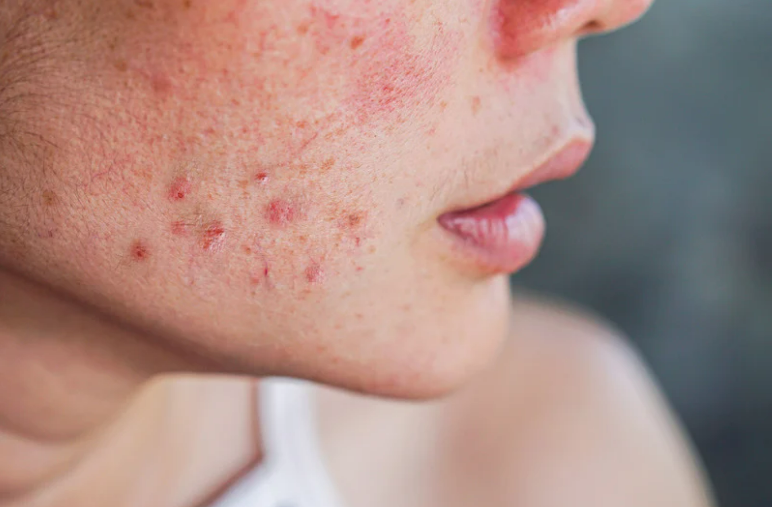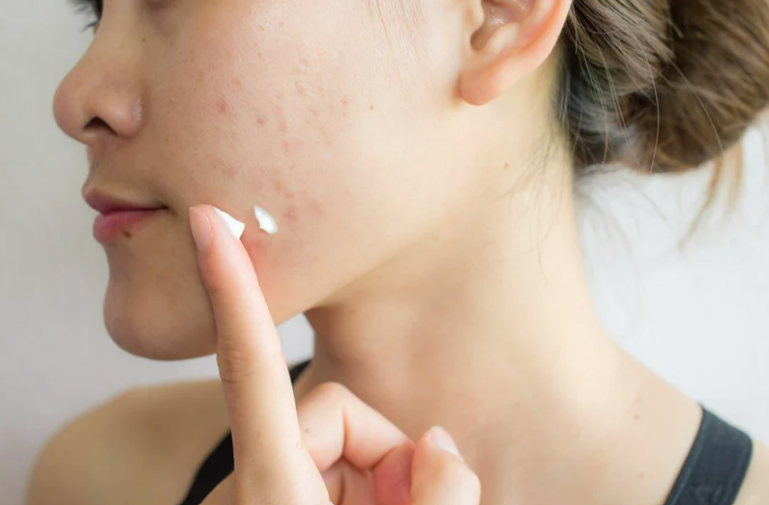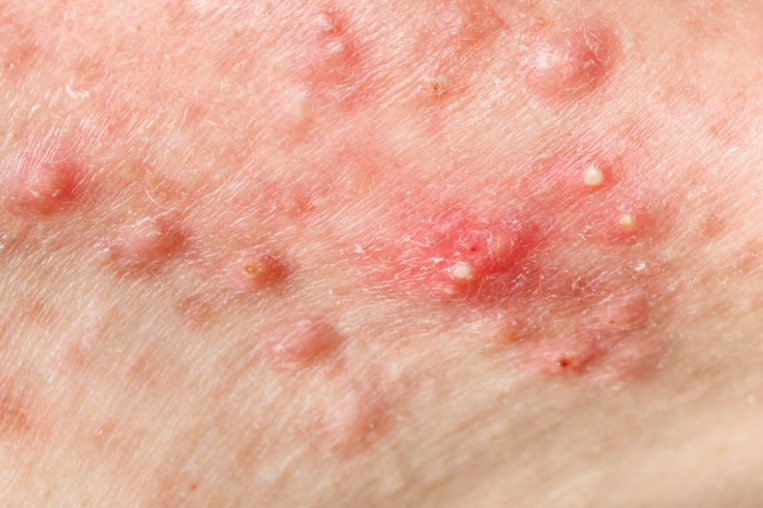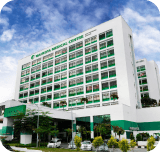Skincare
Acne Treatments 101: From Over-the-Counter to Prescription Options
Acne vulgaris is a common skin condition caused when hair follicles become clogged with oil and dead skin cells, leading to the formation of pimples, blackheads, and whiteheads.
Medically reviewed and written by Dr Kok Wai Leong
11 June 2025
Share

Acne vulgaris is a common skin condition caused when hair follicles become clogged with oil and dead skin cells, leading to the formation of pimples, blackheads, and whiteheads. Early and comprehensive treatment prevents the development of scars, which can be stubborn and difficult to treat effectively.
Over-the-Counter (OTC) Treatments
OTC acne treatments are often what most of us reach for when experiencing mild acne. These products are readily available and can be effective in managing symptoms without the need for a prescription.
- Benzoyl Peroxide. A common and easily available option that is used widely, benzoyl peroxide has antibacterial properties, and helps reduce the bacteria that cause acne and decreases inflammation. It is available in various formulations, including gels, creams, and washes.
- Salicylic Acid: It is a form of beta-hydroxy acid (BHA), that works by exfoliating the skin and unclogging pores. It is particularly effective in treating blackheads and whiteheads.
- Retinol: A derivative of vitamin A, retinol helps normalize keratinization and promotes cell turnover, preventing the formation of new comedones. However, some may develop reactions or irritation with its use.
- Sulphur based formulations: Sulphur has antibacterial and keratolytic properties, and is used in combination with other ingredients to help to reduce acne lesions.
- Hydroxy Acids: Alpha-hydroxy acids (AHAs) and polyhydroxy acids (PHAs) exfoliate the skin, promoting the shedding of dead skin cells and reducing pore blockages.

Prescription Treatments
There are also instances where certain individuals have more severe disease or if they have tried OTC products without improvement. Therefore, prescription medications become necessary but require a consultation with a trained professional like a dermatologist.
- Topical Retinoids: Retinoids are usually prescription-based products including tretinoin, adapalene, and trifarotene. They work similarly to retinol and help prevent clogged pores and reduce inflammation. They are effective in treating both inflammatory and non-inflammatory acne.
- Topical Antibiotics: Clindamycin and erythromycin, which can be in creams, gels or lotions are used to reduce the bacterial load on the skin and decrease inflammation. They are often combined with benzoyl peroxide to minimize antibiotic resistance.
- Oral Antibiotics:In certain instances, or where the condition is more severe, oral antibiotics like doxycycline, erythromycin and minocycline may be prescribed to target inflammation and bacterial overgrowth.
- Isotretinoin: This oral retinoid is utilized to treat severe, cystic acne that has not responded to other treatments. It significantly reduces oil production and normalizes skin turnover. However, there is a need for regular monitoring with a dermatologist to ensure there are no side effects.
- Hormonal Treatments: For females, oral contraceptives and oral drugs like spironolactone can help regulate hormones that contribute to acne. It is recommended to undergo an evaluation to understand if you are suitable for this group of medications.

Future treatment options
There are also newer options like clascoterone, a topical cream, which works on the hormonal pathway, termed an androgen receptor inhibitor. This medication is approved to be used primarily for the treatment of acne vulgaris.
There has been some development of newer drug delivery systems to enhance the effectiveness of the active ingredient or drug for better absorption and results in the skin. There is research into the use of vaccines for acne, but these are still in the development stages.
Acne treatment options are numerous and often a combination of treatments can more effectively address different aspects of the condition. There is a vast spectrum of acne treatment options. It is important to understand there is no one solution that can fit all skin types. While OTC products can be effective for mild cases, prescription options offer more robust solutions for moderate to severe acne. Dermatologists can customize treatment according to your skin type, taking into account any health conditions and factors unique to you.
If you’re struggling to manage your acne, schedule an appointment with Dr Kok, our dermatologist today here, for a personalized treatment plan.

Dr Kok Wai Leong is an accredited dermatologist with a special interest in eczema, psoriasis, photodermatology and skin cancers.



